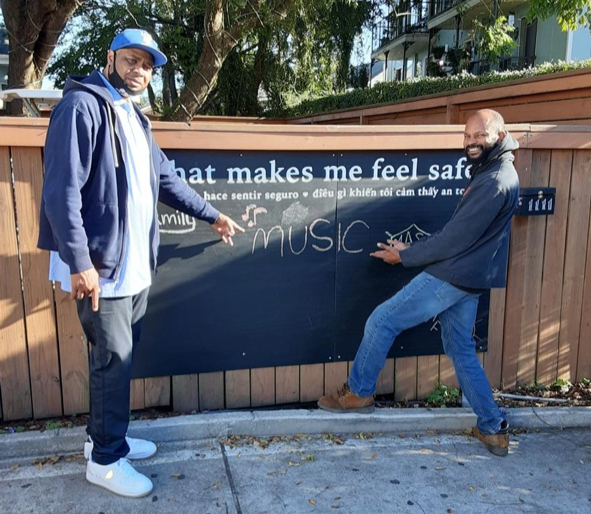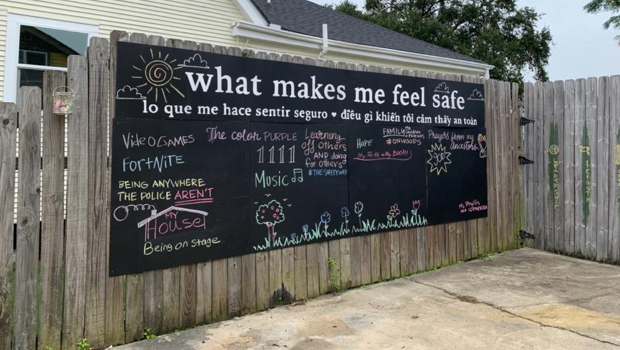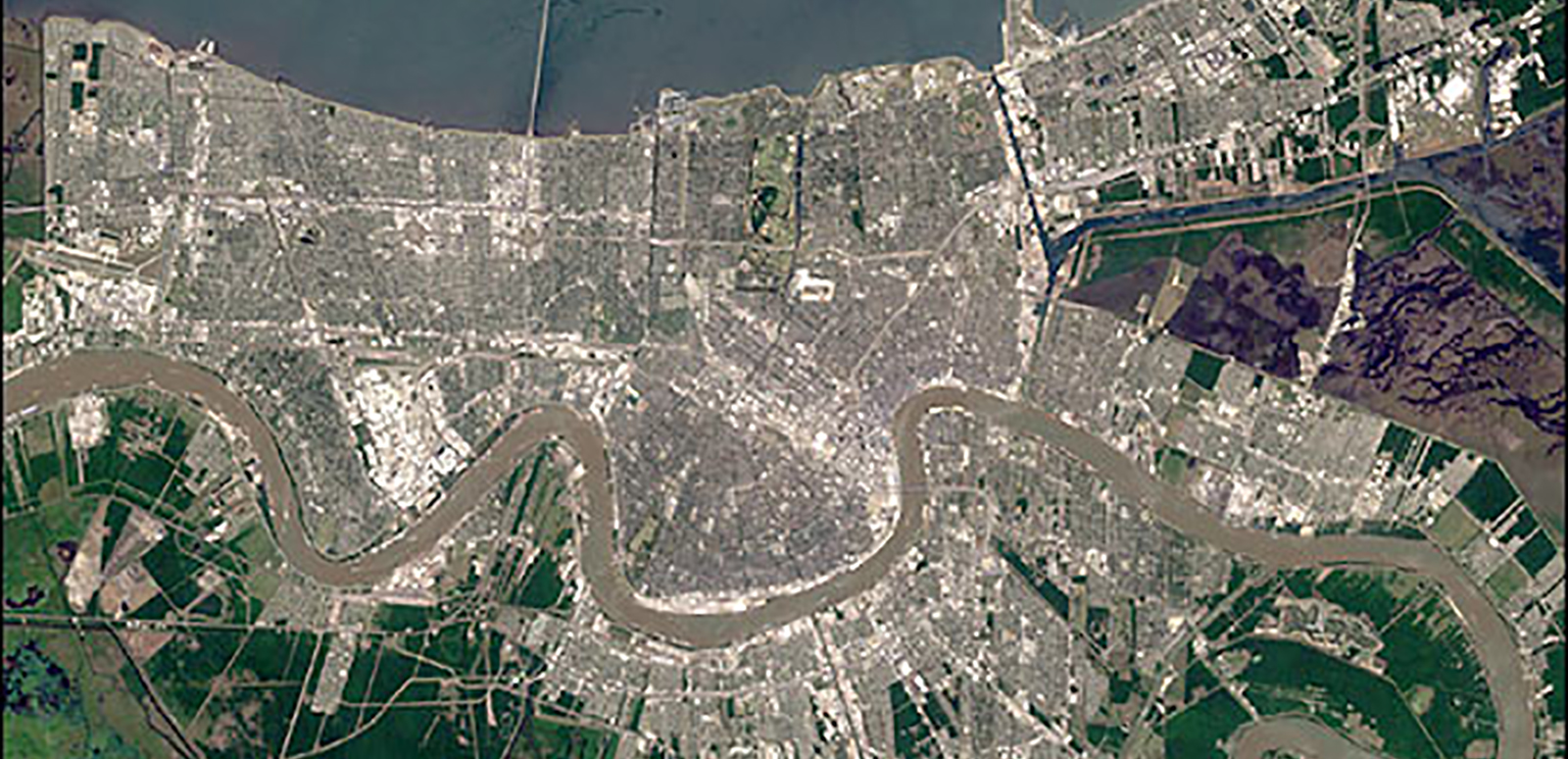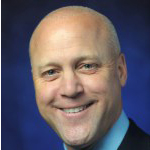Community Engagement Policing February 17, 2021
Amidst the ongoing national conversation about public safety and policy priorities, the voices of those most impacted must be centered in order to see real change.
To that end, the New Orleans Safety and Justice Challenge Community Advisory Group (CAG) devised a creative way to shift that conversation from City Hall and budget-planning board rooms into the streets where our neighbors live, work, and play.
The mission of the CAG is to support and participate in the successful implementation of the Safety and Justice Challenge strategies and hold public agencies and officials accountable to reducing the jail population and increase equity within the criminal system. We have always recognized that a plan or strategy without the community’s voice will not be sustainable nor successful. In our three years of existence alongside the city’s Safety and Justice Challenge commitments, we have sought numerous opportunities to bridge the gap that often exists between policy makers and their constituents, those most impacted and those making decisions at a distance.
As the pandemic has ravaged New Orleans physically, economically, and culturally, and the centuries-long movement for racial justice gained fresh steam this summer, we wanted to put our Safety and Justice Challenge Community Engagement funds to use in a way that would open the door for the essential conversations that would create a healthy, safe, and equitable city for current and future generations. We wanted to channel the energy of both the national protests for justice and the continuous efforts to safely reduce the jail population in the context of a global health crisis in an accessible and engaging way. We knew that debates over criminal system reform can easily break down without really uncovering what real people need to feel safe. Who is the system really serving if we do not have the chance to share our experiences with those in power?
In 2020, the city of New Orleans spent $313 million on “public safety,” but those dollars do not always align with the things that make people who live here feel safe. And the field of public safety is so professionalized that it often excludes many of the people whose very safety it is tasked with upholding. We wanted to close some of that disconnect by broadening the tent of voices that are involved in the discussion of what public safety means in New Orleans. Inspired by The Black Thought Project in Oakland, California, we envisioned inviting the community into the process of reimagining safety through an interactive public art installation.

We hired local barber and artist Ronnie Dents to oversee the design and installation of community chalkboards in seven locations around the city. We used grant money to pay Black-owned local businesses suffering from pandemic losses to host the boards and grassroots community groups to monitor the boards for hate speech, as well as chalk and supplies. All came together to amplify the diversity of our voices in response to the question of “what makes me feel safe?”

Photo credit: Quincy Coby
Local businesses hosting the chalkboards include barbershops (HeadQuarters and Juju Bag), restaurants (Neyow’s Creole Cafe, Treme Hideaway, Two Sistas ‘N Da East), a bakery (Mr. B’s) and a neighborhood market (Burnell’s Lower 9th Ward Market). We have also partnered with community organizations to monitor the boards: Community Book Center, Lower 9th Ward Homeownership Association, Guardians Institute, Southern Solidarity, VAYLA and Roots of Music.

The answers shared on the boards have been as diverse as “being anywhere the police aren’t” to “the color purple” and even reflections on religion and spirituality. “The most fulfilling part of the project has been the conversations that have been had as a result of the prompt,” says Dents. “I look forward to what thoughts and attitudes and actions come as a result of answering this very important question.”
The timing of the project to coincide with local elections in November and December was intentional. We wanted to create an opportunity for conversation, even in a socially-distanced way, for neighbors, business owners, and community members that could frame criminal system reform in a community-rooted way. Ultimately our hope is that campaigning and elected officials would listen to the citizens of New Orleans and be spurred on by what residents actually value around safety and justice.
Our Community Advisory Group is a diverse and representative group of New Orleans residents who volunteer our time and energy to hold the city’s stakeholders accountable to the Challenge strategies. We are looking forward to seeing more answers from the community about what makes them feel safe, as this project plays out over the coming months.
The people of New Orleans are speaking up about how we can keep each other safe. Will our public officials listen?
—Emily Rhodes is a member of the Community Advisory Group, New Orleans Safety and Justice Challenge and works for the Center for Employment Opportunities in New Orleans.
—Natalie Sharp is the Community Advisory Group Coordinator and works at Travis Hill School, which has a school located inside of New Orleans’ juvenile detention center and adult jail.


